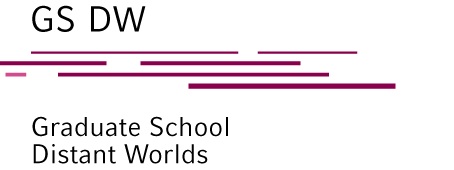Veranstaltungen

Workshops: Gender Perspectives in Ancient Studies
Datum
07.06.2018 bis 08.06.2018
Ort
Schellingstr. 3, Seminarraum S 332
Organisation
Dr. Elisa Roßberger
Informationen zur Veranstaltung
Interdisciplinary Workshop with Dr. Agnès Garcia-Ventura IPOA – Universitat de Barcelona
Supported by the LMU Graduate School Distant Worlds and LMU Mentoring der Fakultät für Kulturwissenschaften
Coordinated and hosted by Dr. Elisa Roßberger, LMU Graduate School Distant Worlds (for more information, please contact Elisa.Rossberger@lmu.de)
In the introduction to her Gender in Archaeology published in 1997, Sarah Milledge Nelson states that “a gendered archaeology is an improved archaeology”. In this workshop we take this statement as starting point, as we may contend that any field of research in ancient studies is improved when applying critical theoretical approaches such as those offered from gender studies. However, any discipline can be engendered in several different ways, some of them contradictory. Indeed, theoretical proposals identified as “gender studies” are diverse and, even though most of them share some common features, they also present clear differences. In this workshop a selection of these proposals will be presented with the aim of discussing mainly those which arose on the cusp between the so-called “second wave” and “third wave” of gender studies (1980s–1990s). We will reflect on their relationship with the so-called “first wave” of gender studies, mainly identified with the birth of women’s studies. Besides, we will reflect on their suitability when approaching the study of the past. We will pay special attention to the particularities of engendering ancient Near Eastern studies, taken for this occasion as excuse and as case study to discuss certain issues. In this direction we will discuss the relevance of the choice of a topic of study or the way we formulate and approach our research questions, being these two of the basic issuesraised from genderstudiesin general and from gender archaeology in particular.


